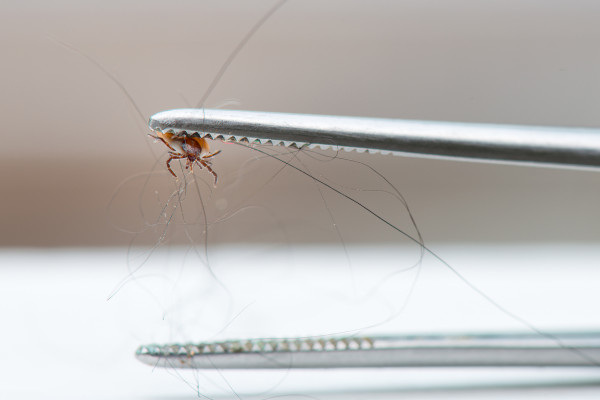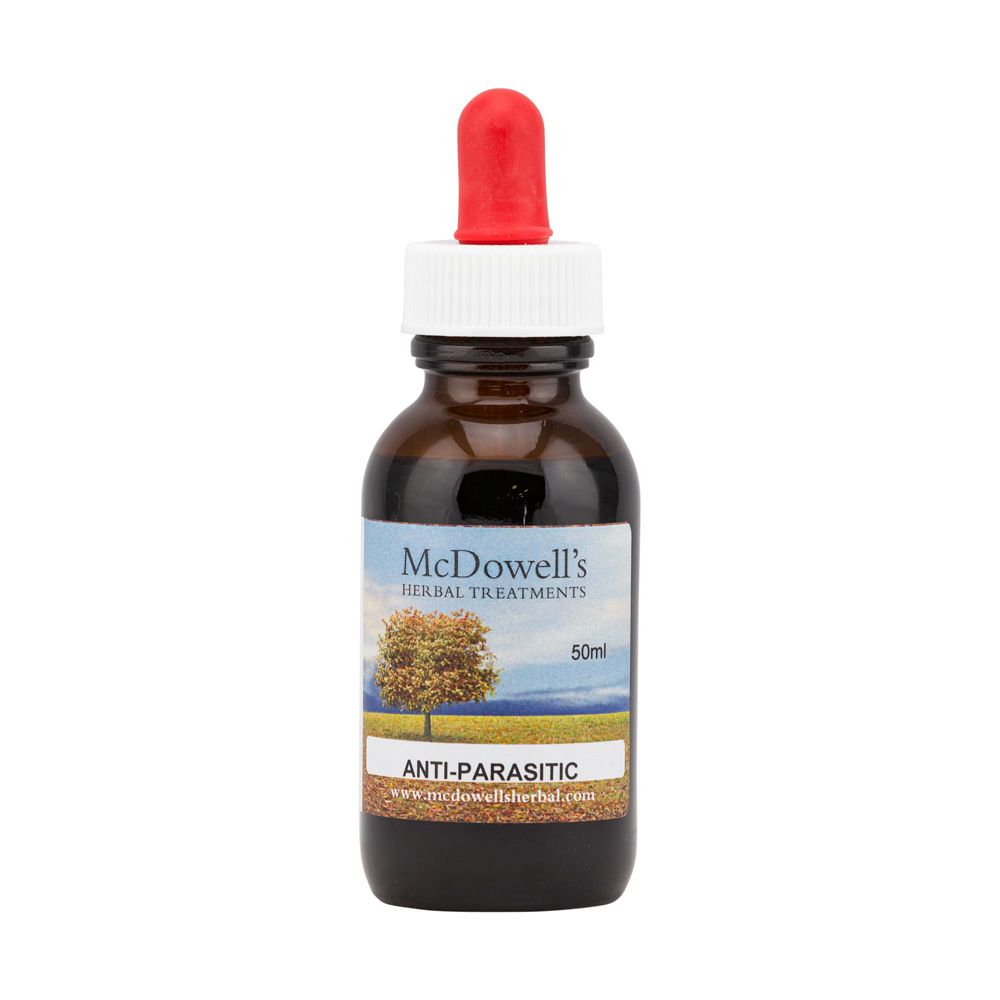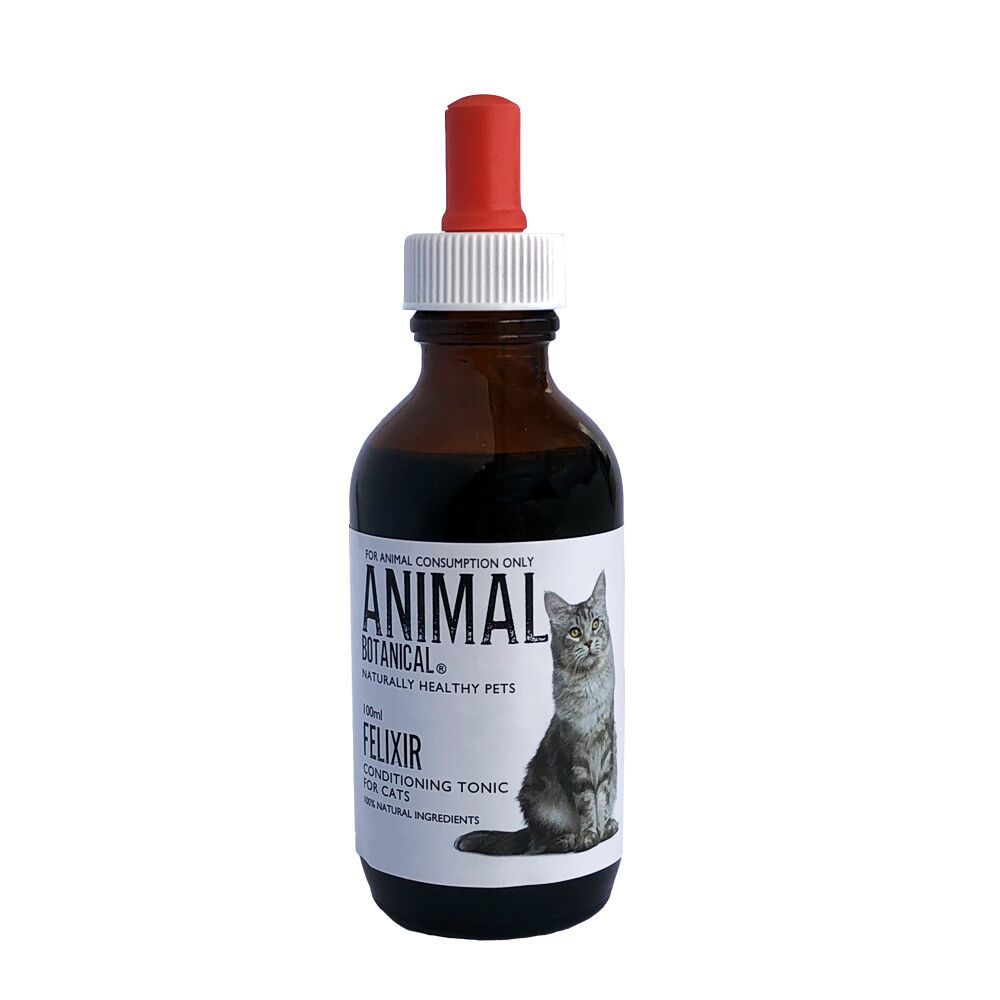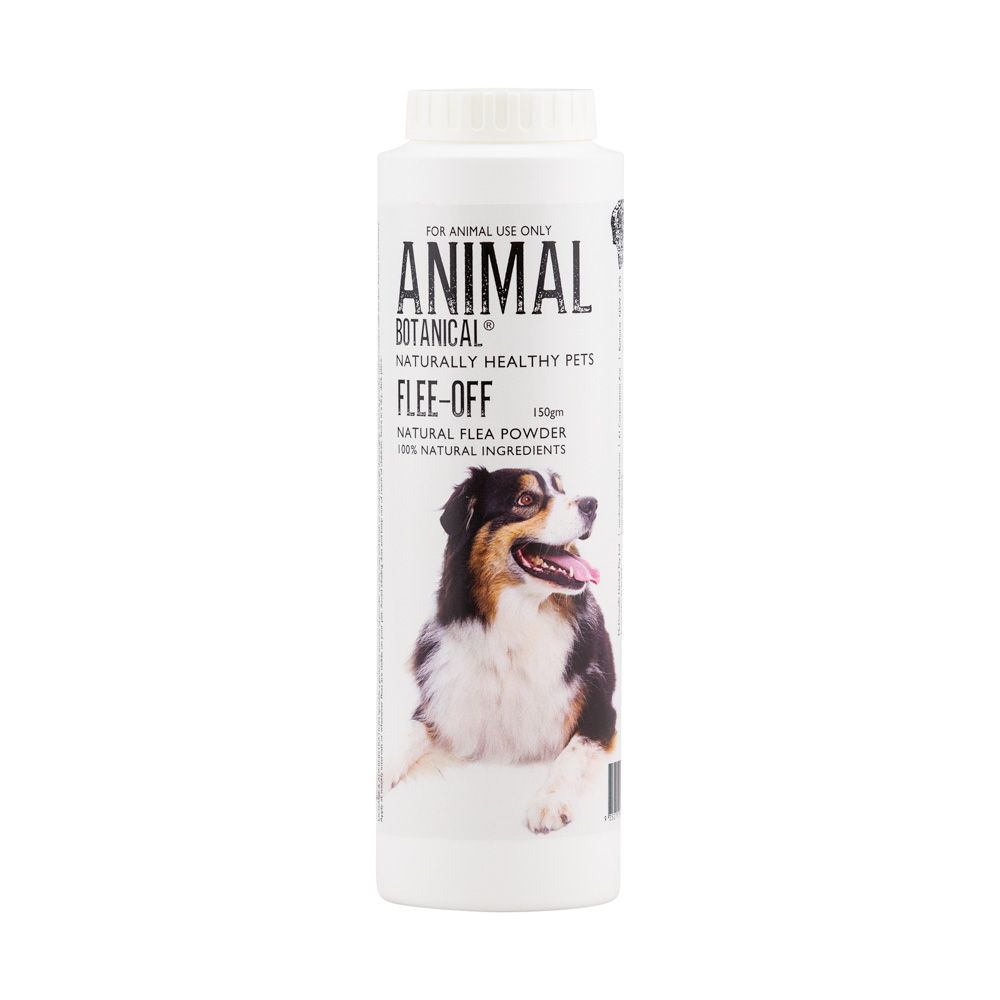Flea bite allergy is characterized by being a seasonal allergy that is worse during peak flea times in the summer and autumn.
Cats that have flea allergies will bite at the base of their tail and scratch frequently. The bite of a single flea can cause hours and days of intense itching. Many cats have a characteristic loss or thinning of hair above the base of the tail.
Severely affected cats may itch over their entire bodies, have generalized hair loss, and red inflamed skin. Hot spots are often a result of flea bite allergies. If a cat is sensitive to flea saliva, just one bite can set off an allergic reaction.
Cats with flea allergy dermatitis can have a wide spectrum of symptoms including miliary dermatitis, which is characterized by small, red, raised skin lesions, hair loss.
Treatment primarily involves preventing the flea from coming into contact with the cat. However once effected the blood cleanser and antiparasitic spray will strengthen the cats immune system.
Herbal approaches to parasites all revolve around discouraging rather than killing the parasites. Also herbs provide support for your cats own systems defences.
NOTE: Products containing permethrin should NOT be used on cats. Pyrethrins, on the other hand, are safe for cats.





